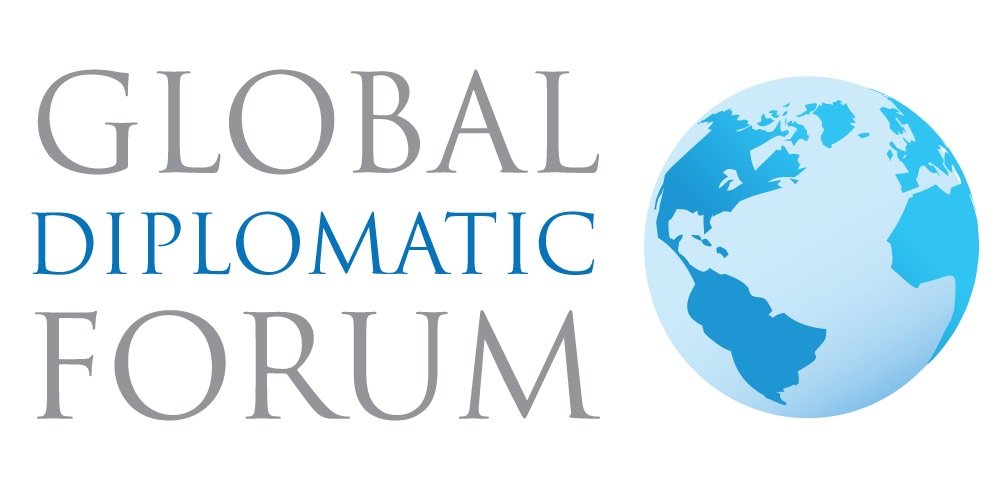
What’s Happening in the Middle East?
What is happening in the Middle East and what can we expect to happen in 2024?
LIVE WEBINAR - 9th February
9th February 12: 30 pm ( London time and 13:30 pm Brussels time)
The Middle East, often characterized by its complex tapestry of historical tensions, is once again at the center of global attention. The longstanding Arab-Israeli conflict, now in its 75th year, has ignited a new episode of the Israeli-Palestinian struggle since October of the previous year. The repercussions of this conflict have reverberated beyond the region, drawing in various actors and sparking a nuanced geopolitical dance.
The Israeli-Palestinian Conflict: A Renewed Episode
Since the onset of the conflict in October, the involvement of international players has added layers of complexity. The United States and the United Kingdom have thrown their support behind Israel, while entities such as Hizbullah in Lebanon, the Houthis in Yemen, and paramilitary factions in Iraq have rallied in support of the Palestinians. This multifaceted engagement has created a delicate geopolitical equilibrium, with Iran, the U.S., and Israel cautiously avoiding a full-scale war.
Diplomacy at a Crossroads: Limited Success and Ongoing Struggles
Diplomacy, a constant but often elusive presence in the Middle East, has faced its own set of challenges. With a track record of 75 years of unresolved conflict, diplomatic efforts continue to grapple with maintaining a delicate balance. Limited success can be observed in initial hostage exchanges between Palestinians and Israelis, as well as the facilitation of access for food and medicines to the Palestinians.
Unforeseen Escalations: Pakistan and Iran Exchange Limited Strikes
In an unexpected turn of events, the conflict's ripples reached far beyond the immediate theater. Pakistan and Iran, both regional heavyweights, exchanged limited strikes, adding a new layer of complexity to an already intricate geopolitical puzzle. This unexpected development underscores the potential for conflicts to spill over borders and involve nations that were not initially direct participants.
Navigating Uncertainty: Webinars on the Middle East Crisis
Amidst this uncertainty, we will organise a series of webinars seeks to shed light on the motivations, roles, and alliances of the various actors in the Middle East conflicts. Leading experts will explore different scenarios and potential outcomes, offering valuable insights into the future of hostilities in the region. The webinars aim to provide a nuanced understanding of the evolving dynamics and contribute to informed discussions on the path forward.
Members Event
The webinar is available to all our members for free. To learn more about becoming a member, see below:
Key Topics to be Explored:
Motivations of Different Actors: Unraveling the underlying motivations driving the involvement of various nations and factions.
Alliances and Counter-Alliances: Examining the complex web of alliances and counter-alliances shaping the geopolitical landscape.
Scenarios and Outcomes: Delving into different possible scenarios and outcomes of the ongoing conflicts in the Middle East.
As the Middle East navigates these turbulent waters, the webinars aim to provide a platform for constructive dialogue, offering a glimpse into the potential trajectories of conflicts and the broader implications for regional and global stability. The unfolding events in the Middle East demand careful consideration, and these webinars aspire to contribute to a more informed and nuanced understanding of the region's geopolitical dynamics.
Speaker:
SENIOR DIRECTOR COUNTER EXTREMISM PROJECT:
Dr. Schindler has wide international experience in diplomacy, intelligence and security. He currently works as the Senior Director at the Counter Extremism Project (CEP), as a member of the Board of Directors of Compliance and Capacity Skills International, LLC in New York and as an advisor to the United Nations Investigative Team for Accountability of Da’esh/ISIL (UNITAD).
Between 2013 and 2018, he served as a Member and Coordinator of the ISIL (Da’esh), al-Qaida and Taliban Sanctions Monitoring Team of the United Nations Security Council. Prior to this he worked as an associated partner for West Sands and an associated consultant for Stirling Assynt in in the United Kingdom as well as advisor to several multinational corporations in Europe. He consulted on security, political and economic issues concerning Iran, the Middle East, North Africa and the Gulf. In addition, he served as Program Director for the Institute for Strategic Dialogue in London. Between 2001 and 2011, Hans headed the federal government of Germany's team investigating al-Qaida in Afghanistan, Pakistan and Central Asia and held the position of special advisor to the ambassador and liaison to the Security Forces at the German Embassy in Tehran. Having studied in Tübingen, Georgetown and Israel, Hans holds a Masters and PhD degree in International Terrorism from St. Andrews University in Scotland.


